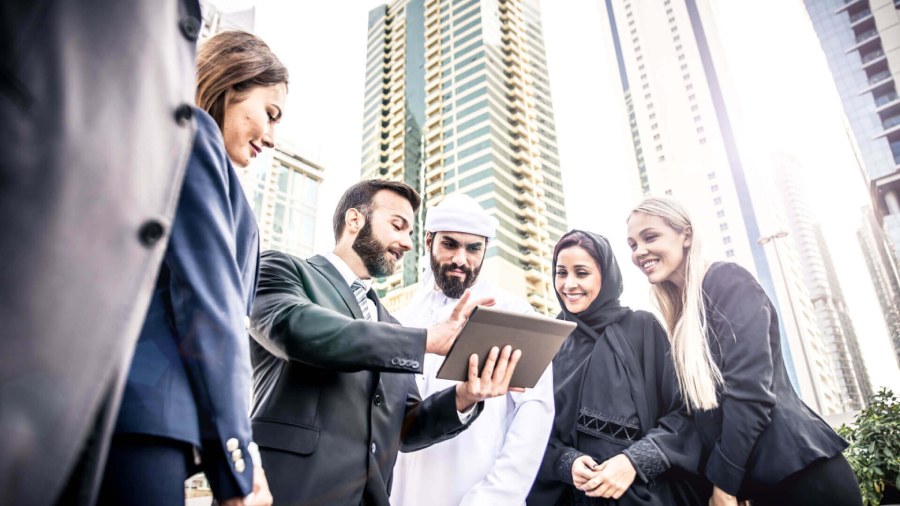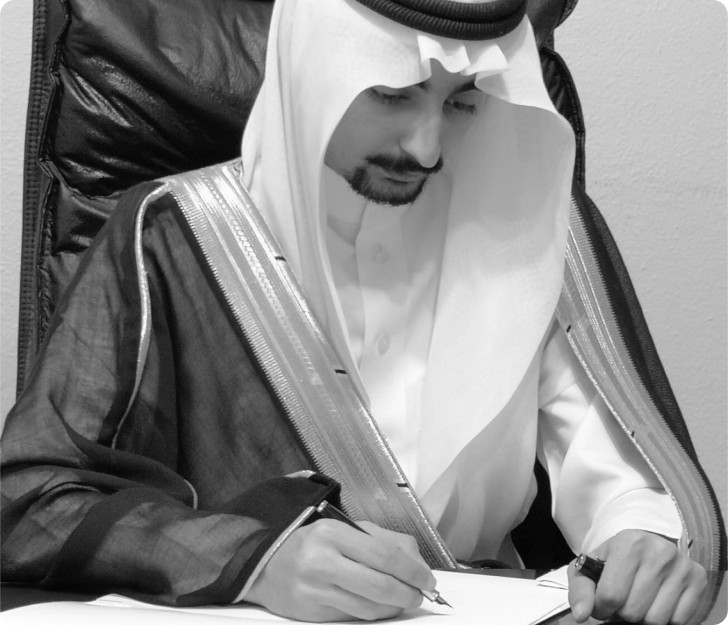Economics of Intellectual Property and Performance Rights
In the economics of intellectual property, every idea is subject to evaluation, such that this value increases based on the innovative form in embodying this idea and the method of its circulation. The goal of every creator is to benefit from his creativity financially and morally, and moral rights are closely linked to the creator in individual works, and it is not possible to differentiate between them by any possible regulatory tool. Therefore, it is correct to say that the economics of intellectual property is essentially based on intangible assets, and as long as these assets are subject to financial evaluation, circulation and investment, they are subject to increase and decrease according to the investment methodology followed.
There is no doubt that public performance rights are among the most prominent investment applications in the economics of intellectual property, and these rights revolve in terms of existence and non-existence with the mechanismTransferring the work to the public by any means possible. I want to shed light on audio and visual works in particular. This is because most of the artistic and literary creations circulated among people do not go beyond the audio or video format, and my systematic problem with this type of circulation is that it has become a means of profit and a competitive advantage for commercial projects and content creators alike without the slightest regard for the author who owns the original rights.
Some commercial projects have even made it their advantage to hold musical or dialogue sessions that address a work or multiple works by reading or performing the work to the project’s visitors for a fee and prior reservation at regular times, which has thus constituted an additional subsidiary activity to the main project, without benefiting the original creative right holder who created this work through an exhausting mental process that lasted for periods of time until this work was embodied in its final form, so that a popular singer performs for a fee, or a content creator broadcasts this creative product through his accounts on social media platforms for the purpose of financial gain in various ways. Perhaps the owner of the original right to a remote greeting, as Al-Jawahiri, may God have mercy on him, says, “I greet you from afar, greet me,” or a word of thanks at best. In this regard, we are not trying to diminish the status of the performer or his legal position in the world of intellectual property, but rather we are focusing on the legitimacy of this position in terms of its legal existence, as the jurists, may God have mercy on them, established a basic rule, which is that what is built on falsehood is false, and the performance that is not based on a legitimate justification is an illegitimate performance that is not worthy of the protection stipulated in the Rome Convention and the Saudi Copyright System and its implementing regulations.
It is worth noting that there is absolutely no legislative gap, but on the contrary, the Copyright Law issued by Royal Decree No. (M/41) dated 02/07/1424 AH has a clear position in this regard, and Article Thirteen is the cornerstone of this investment process, which requires concluding contracts with the owners of the original rights before undertaking any work related to the exploitation of their financial rights. The context of the text of Article Thirteen requires that the aforementioned institutions are mentioned as an example and not as an exhaustive list, and therefore the letter is directed to anyone who wishes to exercise any of the author’s financial rights, including the right to transfer his work to other persons, whether this transfer is for profit or as a donation.
The legal responsibility of the owners of these projects increases whenever the work is damaged, such as if it is performed in a sarcastic or vulgar manner that diminishes its artistic and financial value in a way that merits compensation, even if the assessment of compensation is subject to the authority of the judge of the subject matter. There is no doubt that the responsibility extends to the owner of the commercial project in which this event takes place, as he is a contributor to the violation of the financial rights of the author of the work that is the subject of the public performance, which may result in the closure of the facility.
Despite the antiquity of international and national intellectual property legislation, it has taken into account the possibility of the work being widely disseminated and circulated among people, and has addressed this problem by requiring the regulator to have written contracts before undertaking any activity related to the author’s financial rights as a basic guarantee to determine the investment mechanism, its time period, and the geographical scope based on the desire of the contracting parties to provide the flexibility required by the steady developments in this field. The other legislative goal is to encourage creators to produce and enrich the culture continuously in implementation of the tenth axis of Cultural Strategy of the Gulf Cooperation Council Countries (2020-2030) Approved by Cabinet Resolution No. 414 dated 07/25/1442 AH.
There is no doubt that intellectual property investments play an important role in developing the cultural environment in general, as our cultural production today is the heritage of future generations. Moreover, every cultural production is a financial asset, even if it does not have a physical existence in reality. This asset will, after a period of time, be transferred to the public domain and will be managed by the Saudi Authority for Intellectual Property. Paying attention to these investments will contribute to achieving the goals of national transformation by diversifying sources of income.



